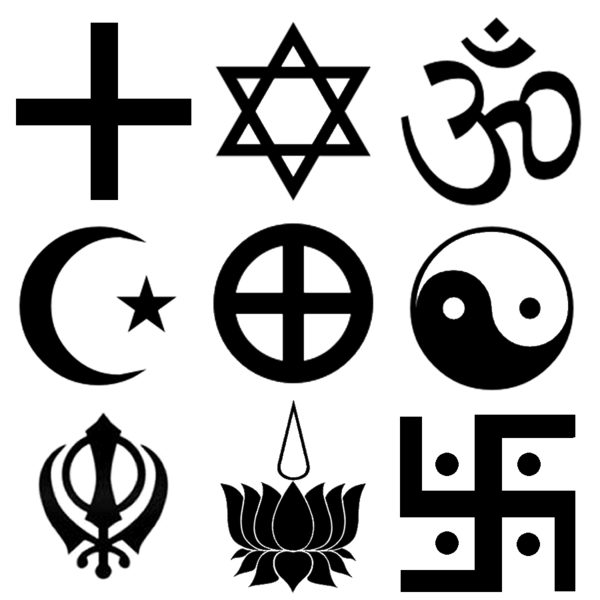Diwali, also known as the Festival of Lights, is an illustrious celebration that resonates with millions around the globe, particularly within the Hindu community. At its core, Diwali signifies the triumph of light over darkness, knowledge over ignorance, and good over evil. This multifaceted festival, deeply entrenched in Hindu traditions, encapsulates a myriad of religious and cultural nuances, evoking not only joy but also reflecting profound spiritual teachings. From a Christian perspective, engaging with the customs and significances surrounding Diwali can evoke a sense of fascination and a deeper understanding of the human experience concerning faith and spirituality.
The origins of Diwali are steeped in ancient Hindu scripture, primarily the Ramayana, which narrates the return of Lord Rama to Ayodhya after a fourteen-year exile. His return, alongside his wife Sita and brother Lakshmana, was celebrated by lighting oil lamps (diyas) and bursting firecrackers, symbolizing the people’s joy at the restoration of dharma (righteousness). This act of lighting lamps has transcended time, evolving into a pan-Hindu custom observed in various forms and narratives across India and its diaspora.
In addition to its historical foundations, Diwali encompasses a plethora of other interpretations. For example, some communities venerate Goddess Lakshmi during this time, who embodies wealth, fortune, and prosperity. Families engage in cleaning their homes and decorating them with rangoli—a colorful design made on the ground—inviting the goddess into their abodes. The act of cleaning and beautifying homes offers a reflective parallel with Christian practices of spiritual cleansing and renewal, suggesting an inherent human desire for purity and blessing.
Moreover, the festival extends beyond the mere lighting of lamps and joyful gatherings. Observing Diwali unveils an exploration of interconnectedness among communities. Families come together, exchanging sweets and gifts, thus reinforcing familial bonds and communal harmony. Christians may find similarities in this communal approach, particularly during their own festive times, such as Christmas, when gathering for feasts and exchanging gifts serves to strengthen kinship and solidarity. These traditions reinforce the notion that the human spirit flourishes in connection with others, regardless of differing faiths.
Another intriguing aspect of Diwali lies in its celebration of various local traditions and regional variations, making it an exhibit of India’s rich cultural tapestry. For instance, in some parts of India, the festival is intertwined with the celebration of Lord Krishna’s victory over the serpent king, Narakasura, signifying the obliteration of tyranny. This portrait of divine intervention and hope presents a resonant theme for Christians, who often emphasize the importance of divine grace and salvation. In this light, Diwali can be seen as a reminder that the stories and encounters with the holy resonate across religious boundaries, underlining a shared moral fabric that binds humanity.
In analyzing the deeper meanings behind Diwali, one encounters the philosophical reflections inherent in Hinduism regarding karma and dharma. The festival not only marks an occasion of celebration but also serves as an invitation for self-introspection and moral evaluation. Much like the Christian doctrine encourages believers to reflect on their actions and virtues, Diwali urges individuals to contemplate their roles within their communities and the broader societal structure. Understanding this dimension highlights a shared human pursuit for righteousness and ethical living, fostering a bridge between faiths.
As the Festival of Lights unravels, the spirit of giving is another essential facet. The practice of charity during Diwali is prevalent, with many individuals and organizations taking this time to offer aid to the underprivileged. Such acts of kindness resonate strongly with Christian teachings which fundamentally advocate for compassion and charity towards those in need. This interconnected principle of love and service underscores the universal need to uplift the marginalized and fosters a sense of collective responsibility, irrespective of religious rise.
Diwali also invites contemplation concerning the dualities present within each human experience. The juxtaposition of light and darkness metaphorically encapsulates the perpetual struggle between hope and despair, joy and sorrow. Christians, in their reflective traditions, often highlight this duality through the lens of faith—the enduring belief in light amid challenging times. The external celebration of light during Diwali thus acts as a vivid reminder of inner hope, encouraging individuals to embrace optimism as they navigate life’s complexities.
Furthermore, the vibrant festivities that characterize Diwali—fireworks, dances, music, and feasts—create an atmosphere that is both exuberant and spiritual. This playful celebration is indicative of a fundamental aspect of many global religions: the joy that springs from faith. Just as Christians revel in the joy of Christ’s resurrection during Easter, the exuberance of Diwali encapsulates an inseparable merging of spirituality with the human experience of joy and community. This intertwining of enjoyment and reverence is an expression of life’s sacredness, exemplifying humanity’s quest to find delight within faith.
As we ponder the intricacies of Diwali, it becomes evident that, while rooted in Hindu traditions, its themes of light, hope, charity, community, and introspection resonate across denominational lines. The festival not only showcases the vibrancy of Hindu culture but also serves as a platform for fostering interfaith dialogue, empathy, and understanding. By exploring the rituals and customs of Diwali through a Christian lens, one may glean insights that encourage deeper reflections on spirituality, love, and our interconnectedness as human beings navigating through the complexities of existence.



